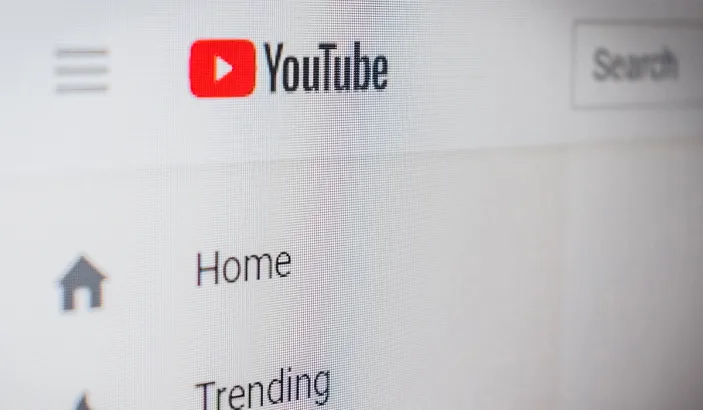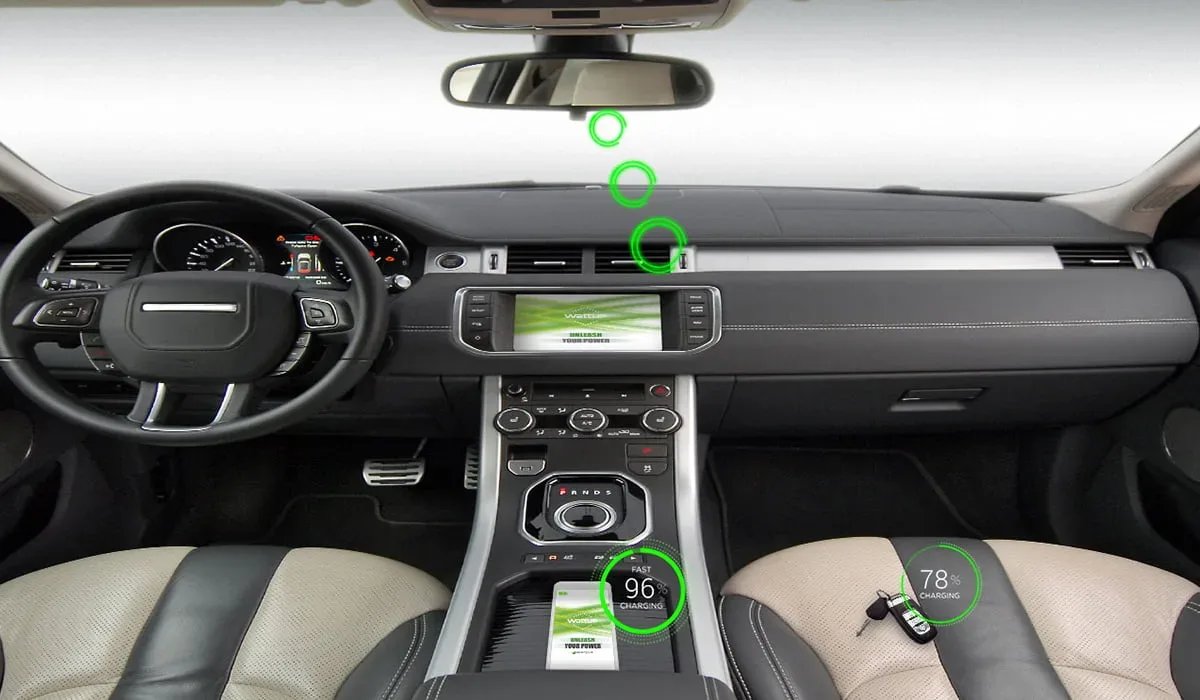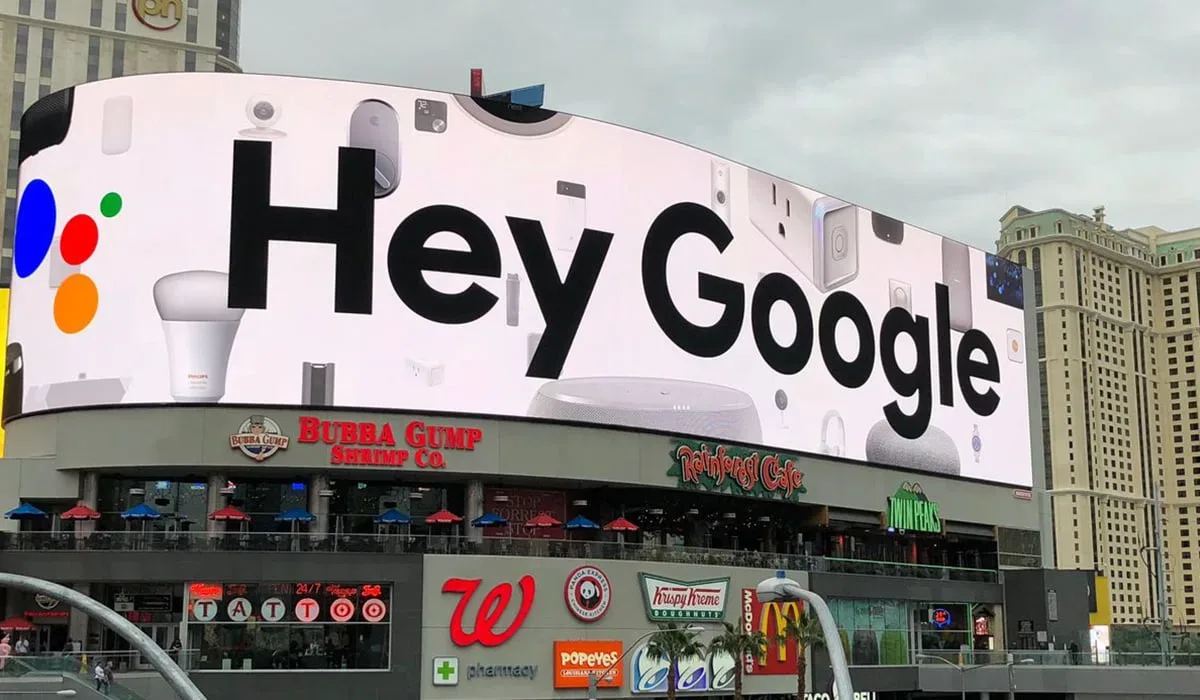The European Union officially voted in favor of a controversial new law called the Copyright Detective. This law aims to update copyright regulation laws for the new age of the internet. Therefore, the YouTube CEO has recently responded with a new blog post. Susan Wojcicki argued that this new law was impossible to implement. This is the second article that Wojcicki wrote after the EU decided to vote in favor. Both of these posts talk about Article 13 of the law. This law has made the platform responsible for copyright infringements instead of the user.
YouTube on the Offensive
Out of the two posts, this is the one where Wojcicki clearly states that YouTube is incapable of implementing the law. She vividly claims that there is not enough capability, whether technical or financial, to follow the rules. This public denunciation of the EU is making rounds on the internet. Wojcicki claims that there are around 400 hours of videos uploaded every minute on YouTube. Hence, putting the sole responsibility on the platform for checking all of it is an insane expectation. She uses Despacito as an example and writes:
“This video contains multiple copyrights, ranging from sound recording to publishing rights. Although YouTube has agreements with multiple entities to license and pay for the video, some of the rights holders remain unknown. That uncertainty means we might have to block videos like this to avoid liability under article 13. Multiply that risk with the scale of YouTube, where more than 400 hours of video are uploaded every minute, and the potential liabilities could be so large that no company could take on such a financial risk.”
The blog post proves that YouTube is willing to stay on the offensive side of things in response to the EU’s proposal. In the last month, YouTube has even created a special website to spread awareness regarding Article 13. Moreover, regular tweets by YouTube officials keep coming to get their side of the story out.
Technicalities
YouTube, in their response, have highlighted Content ID. This initiative pays content creators with copyright if their content is used by someone else in their videos. YouTube has invested 100 million dollars in Content ID since its inception in 2007. Wojcicki wrote:
“To date, we have used the system to pay rights holders more than €2.5B for third party use of their content. We believe Content ID provides the best solution for managing rights on a global scale.”
Although the new Copyrights Detective will affect content creators as well, YouTube’s main concern is the financial problems in implementation. Wojcicki also wrote:
“Platforms that follow these rules, and make a good effort to help rights holders identify their content, shouldn’t be held directly liable for every single piece of content that a user uploads.”
The final vote for the European Union to decide on the Copyrights Detective will happen in January.







Share Your Thoughts